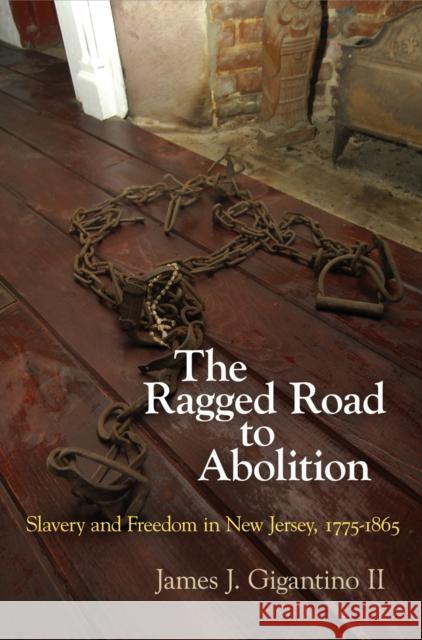The Ragged Road to Abolition: Slavery and Freedom in New Jersey, 1775-1865 » książka
The Ragged Road to Abolition: Slavery and Freedom in New Jersey, 1775-1865
ISBN-13: 9780812223583 / Angielski / Miękka / 2016 / 368 str.
Contrary to popular perception, slavery persisted in the North well into the nineteenth century. This was especially the case in New Jersey, the last northern state to pass an abolition statute, in 1804. Because of the nature of the law, which freed children born to enslaved mothers only after they had served their mother's master for more than two decades, slavery continued in New Jersey through the Civil War. Passage of the Thirteenth Amendment in 1865 finally destroyed its last vestiges. The Ragged Road to Abolition chronicles the experiences of slaves and free blacks, as well as abolitionists and slaveholders, during slavery's slow northern death. Abolition in New Jersey during the American Revolution was a contested battle, in which constant economic devastation and fears of freed blacks overrunning the state government limited their ability to gain freedom. New Jersey's gradual abolition law kept at least a quarter of the state's black population in some degree of bondage until the 1830s. The sustained presence of slavery limited African American community formation and forced Jersey blacks to structure their households around multiple gradations of freedom while allowing New Jersey slaveholders to participate in the interstate slave trade until the 1850s. Slavery's persistence dulled white understanding of the meaning of black freedom and helped whites to associate "black" with "slave," enabling the further marginalization of New Jersey's growing free black population. By demonstrating how deeply slavery influenced the political, economic, and social life of blacks and whites in New Jersey, this illuminating study shatters the perceived easy dichotomies between North and South or free states and slave states at the onset of the Civil War.











